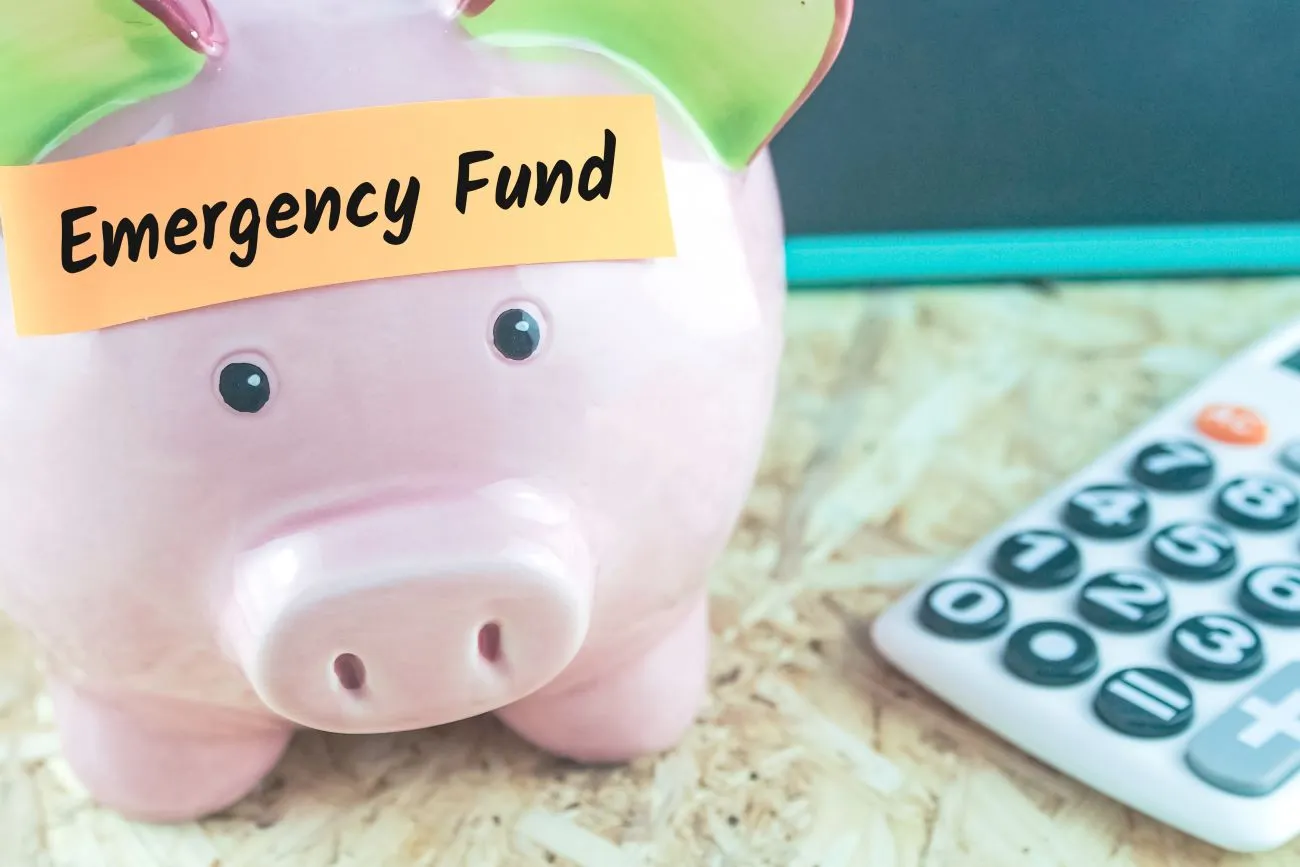Student loans are one of the common defaults that individuals make in the UK. A defaulting on student loans is like the consequences one faces defaulting on credit cards. In the UK, student loans are guaranteed by the federal government, giving them more power than debt collectors.
Thus, before taking for bad credit business cash loans to pay student loan repayments, identify your circumstances and know how much time you have to pay the loans?
What is Student Loan Default?
When one does not make the scheduled payment on a student loan, it leads to default. And default timelines vary according to the type of student loan:
a) Federal Student loans
Most federal loans enter default when the loan payments remain due for over 9 months or 270 days, and one cannot pay it on the due date as well.
b) Private Student loan
Default on private student loans occurs after 3 missed payments or after 120 days in total. Before this, check the promissory note to know the specific timing. However, some private loans default after missing a single payment as well. Thus, discuss your situation first before proceeding with the default process.
What Happens Before Authorities Declare One a Defaulter?
Before one defaults on a federal loan, they enter delinquency. Loans enter delinquency as soon as you miss a payment. However, service bureaus don’t report it for 90 days. However, there is some good news here since federal loans are eligible for postponements and repayment plans that could make payments affordable, especially income-driven payments.
Well, once one is declared a defaulter on student loans, this opportunity cannot be leveraged. Thus, if you fall on student loans payment, it is ideal for interacting with your lender and discussing preponement or repayment modification plans for the ease of paying.
Some lenders may pause a repayment for a few days with a deferment or forbearance. This is unlikely to occur with other loans like loans for people on benefits.
What Happens After Being Declared as a Student Loan Defaulter?
1) Short-term Consequences:
When you miss a payment after a day, you may suffer short-term consequences like:
Late charges
It is a late payment – one you, in the end, make, however not by the due date – could bring about a late payment charge.
This sum varies from a lender, and not every one of them levies this charge. Still, it’s exceptionally usual to see flat late expenses or expenses that address a percentage of your missed installment.
Tax refund.
Assuming you fall behind on federal student loans, the public authority could keep your discount until you’re cutting-edge on installments.
Wage garnishment
Assuming you’re a couple of months behind on your student loans, your moneylender may take actions to embellish your wages – here and there up to as much as 25% of your income. It can do this until you’ve taken care of a part of your credits and are on favorable terms.
2) Long-Term Consequences
Loans are viewed as delinquent following one missed installment. Yet, your moneylender or loans servicer probably won’t report you as late to the significant credit departments until you’re 90 days past due. This is what can happen the more you don’t pay your understudy loans:
a. Default
Following a series of missed installments, your loan will enter default. The particular timing and consequences of which vary from lender to lender. In outrageous cases, the total of your student loan balance quickly comes due.
b. Lost qualification for future aid.
Assuming you’re at present in default, you could miss out on any future student aid, including grants, awards, and government student loans. Defaulted loans on your credit report could likewise make it harder to purchase a home, purchase a vehicle or assume out a bad credit business cash loan.
- Credit rating drop.
The more you delay paying your student loans, the more your credit score might tank.
d. Expected Lawsuits.
Your original lender could sell your loan to a debt collection organization, which can call and send you emails trying to collect a debt. To garnish wages, moneylenders should go through court. You could get sued on the off chance that you don’t pay the student loans.
What Options Do You Have Apart from Debt Settlement?
Student loan settlement ought to be the last retreat, especially since defaulting on your advances will harm your financial assessment. Before settling your student loans, take a stab at refocusing on your repayments in alternate ways:
i. Deferment or forbearance:
Deferment and self-control offer a temporary pause on your student loan installments. Interest might keep on collecting a debt; however, everything will work out, assuming that enjoying some time off from installments assists you with getting back on track.
ii. Income-driven reimbursement plans
Available with government student loans, income-driven reimbursement plans base your installments on your pay and the number of individuals is in your family.
If you don’t have any work, you could pay just $0 by confronting no punishments, charges, or mischief shockingly. Your remaining balance will be excused following 20 or 25 years of payments.
iii. Re-financing:
If you have private student loan installments you can’t bear, you should refinance. Depending on your credit score, refinancing may provide you with a lower interest rate and possibly lower regularly scheduled payments as well. It’s typically best to try not to re-finance federal student loans since you’ll lose federal benefits by doing so.
Refinance works better with other loans like loans for people on benefits. Thus, if you stop paying student loans altogether, you can be in big trouble. As your credit rating will decline and the creditor may sue you. Thus, comply with repayments timely.






